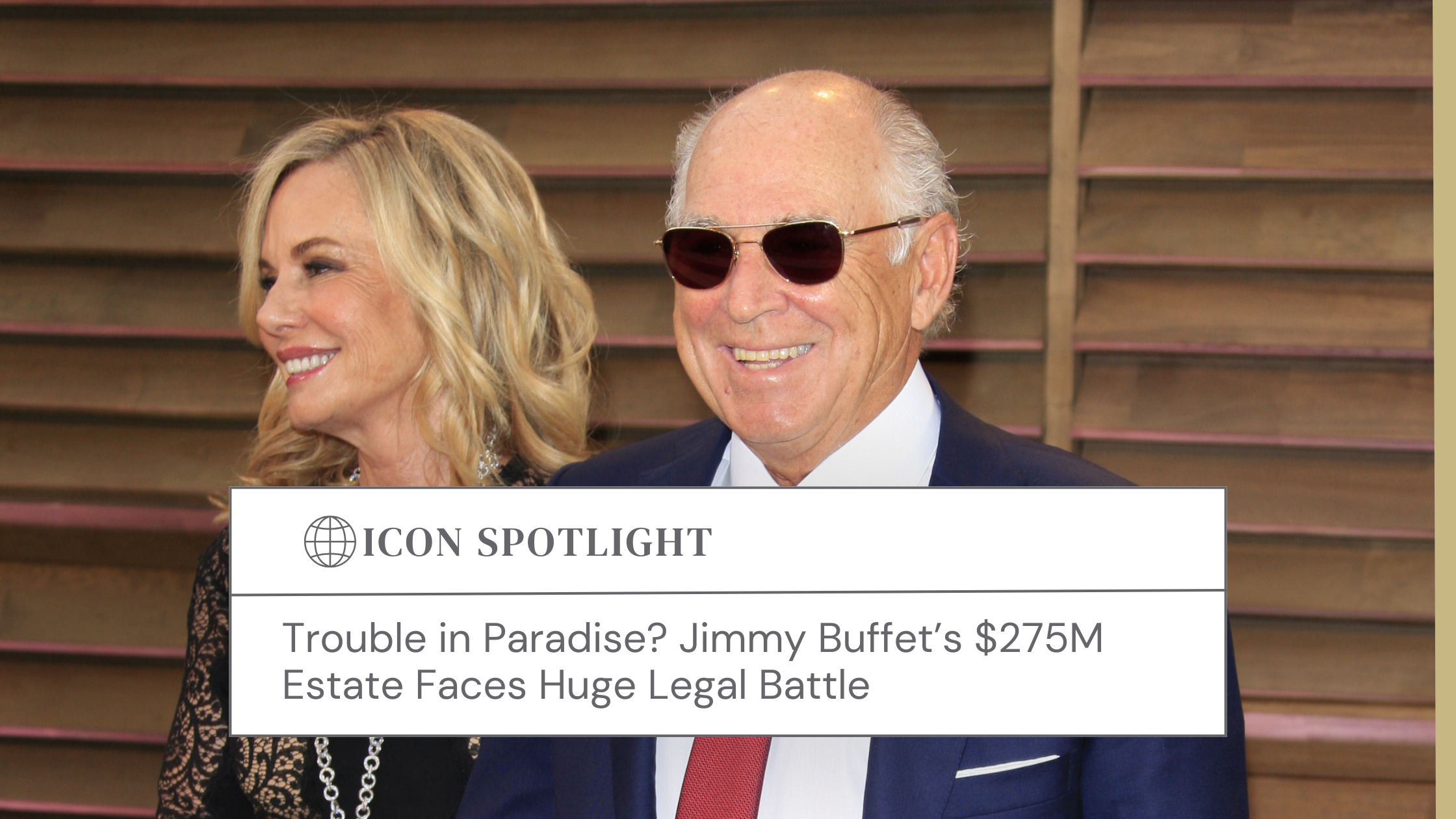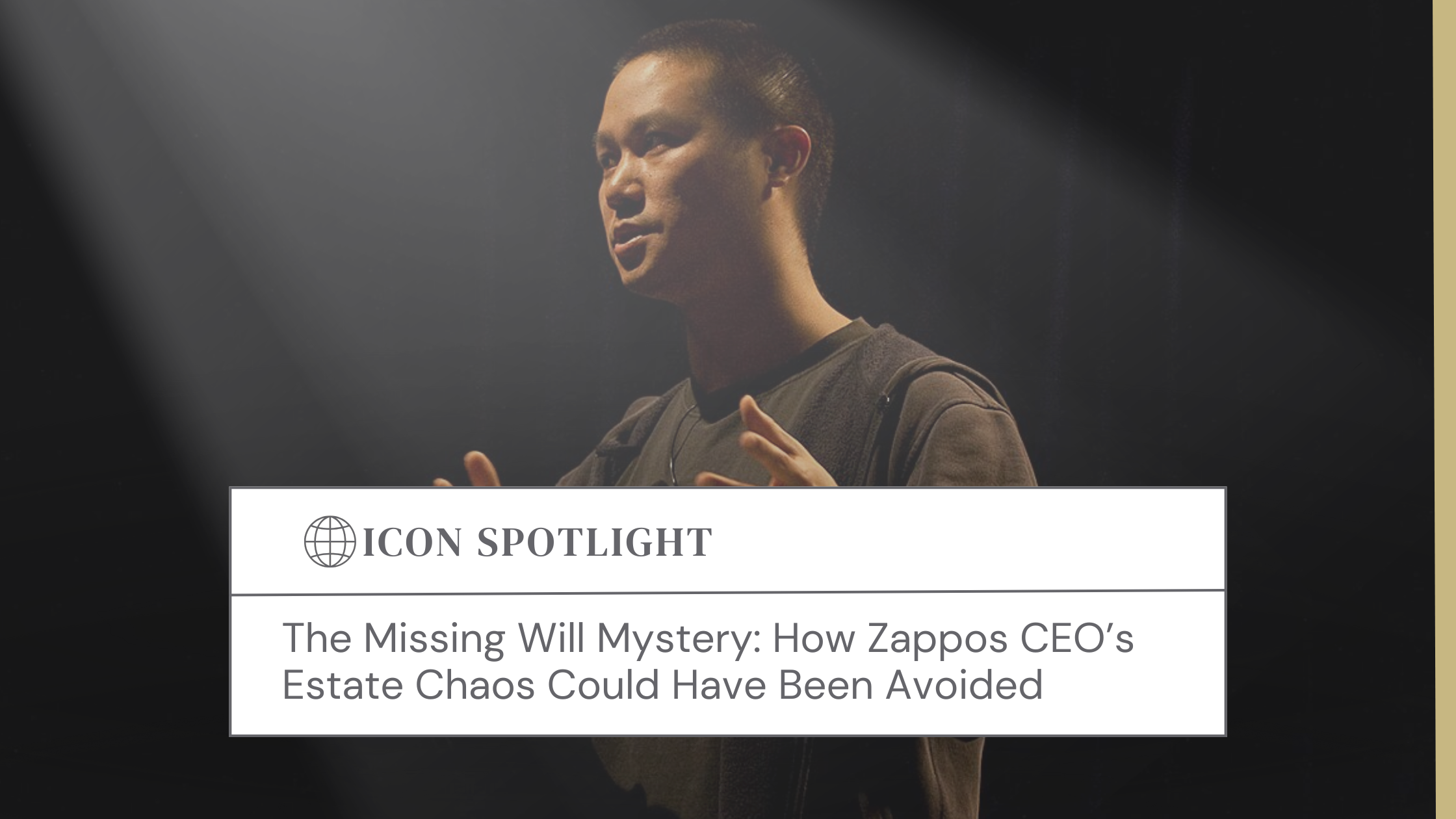
My friend Marty, a very sassy CPA friend of mine once said to me that “LLC” stood for “Lawyer’s Likely Choice.” At first I laughed at his teasing remark but he was actually right. In terms of new formations, the Limited Liability Company is the new King. The former King, the corporation, has definitely been deposed, and relatively few corporations are now being formed other than for companies that have a future hope of being publicly-traded, or some other unique reason (like for some of our foreign national clients).
The LLC has gained dominance because it offers relaxed management- there is no need for a Board of Directors meetings and resolution every time somebody wants to go to the bathroom – as well as simplified bookkeeping, default partnership taxation (though an LLC can “check the box” to be treated as a corporation for tax purposes, and even make an S-election – which in my experience most do), and numerous other benefits.
But for us “wealth preservation” lawyers (“asset protection” has become a bad word lately in the case law) a large motivation behind the formation of many LLCs is that an LLC has so-called “charging order protection.” In a nutshell, this means that if a member of an LLC owes someone money and becomes a debtor, the creditor does not get the assets of the LLC or even the debtor/member’s LLC interest outright. A creditor is in fact prohibited by law from levying on the interests of an LLC (which is exactly what a creditor is traditionally allowed do to the shares of a corporation).
Instead, the creditor can only get a lien against the debtor/member’s LLC interest. This means, that a creditor gets a lien against what is known as the debtor/member’s “economic interest” in the LLC, or, in plain English, a lien against whatever distributions that the LLC makes to the debtor/member, if any.
The charging order is widely misunderstood, so let me try to explain. The charging order itself is not the lien; rather, the lien is what is placed by the charging order. Stated differently, the charging order is the vehicle by which the lien is placed on the debtor/member’s interest – it is not the lien itself.
Under the LLC laws of nearly all states including Florida, the charging order is the “exclusive remedy” that a creditor might employ to pursue the debtor/member’s interest. Here, it is important to note that the term “remedy” in this context is a term of art (read: legal term), and not anything like its synonym “outcome” which is how many people (attorneys who don’t practice in this area are included) misunderstand it. The charging order is the “remedy” that a creditor must use in this situation as opposed to other “remedies” as defined by a Florida’s judgment enforcement laws, such as levies, garnishments, assignment orders, etc.
BUT, If a creditor has an alternative avenue to attack an LLC, such as by the assertion of piercing corporate veil/an alter ego theory, if it is not defined as a “remedy” then it is not blocked by the limitation of remedy to a charging order. Thus, there have been cases where creditors have been able to circumvent the charging order procedure and either take the assets of the entity or get control of the debtor’s interest to the same result.
The purpose of a charging order was traditionally not to protect the debtor/member’s interest in the entity. Rather, the charging order procedure existed so that the other, non-debtor members of the LLC would not be forced into an involuntary business relationship with somebody’s creditor …think the soon to be ex-spouse. This is important, for there are court opinions (in Florida we are nationally famous for the Olmstead v. FTC case that says exactly that) which have effectively held that if there are no non-debtor members in the LLC to protect, then the charging order protection should not exist… so if you are a single-member LLCs, i.e., where the debtor/member is the only member, you are screwed and you get no charging order protection.
There are circumstances where even if a member’s interest is charged, we can still get money out of the LLC by way of loans or salary increases, etc. However, when charging orders are issued by courts, they include all sorts of provisions that specifically prevent the making of loans or an increase in payment of salary or fees, etc., to the debtor/member. This will highly depend on the circumstances in the litigation and the caliber and the experience of the litigator who is seeking the order.
What practically happens in charging order situations is that, if the creditor cannot figure out any other way to get at the assets of the entity, a standoff results: The creditor can’t get the assets out of the entity, but neither can the debtor. In our experience, nearly all of these cases settle. Last important thing to mention is that charging order protection is largely a function of how the LLC Operating Agreement is drafted.
The degree of charging order protection LLC owners get, even with multiple member LLCs, is largely dependent upon how the LLC operating agreement is written. There are lots of provisions that can be tweaked to give the LLC more charging order protection. As I tell my clients, litigation is a long and expensive (not to mention emotionally tolling) process… you should plan as much as you can up front, to avoid or gain leverage to end court battles later, and a well drafted OPERATING AGREEMENT is just the beginning.





